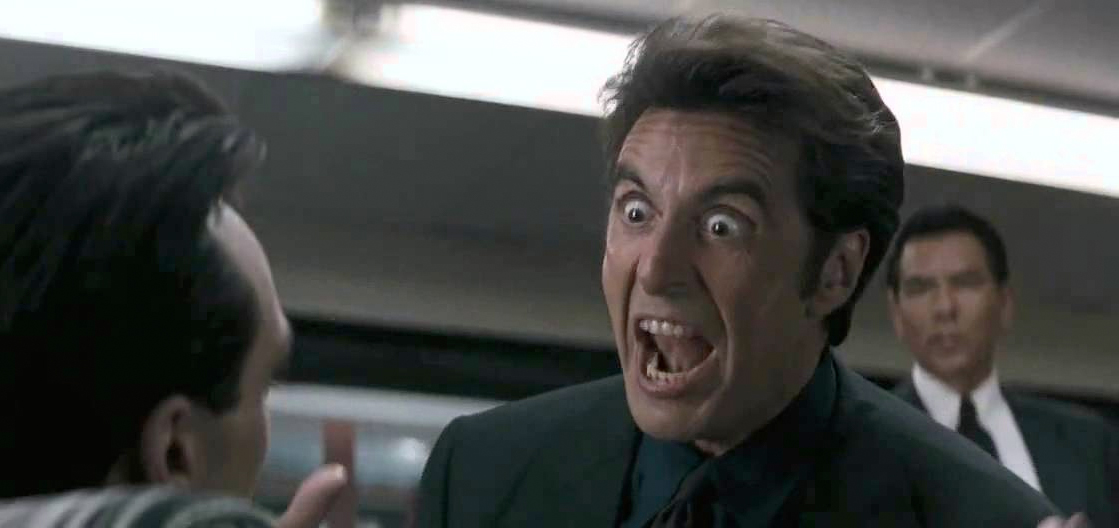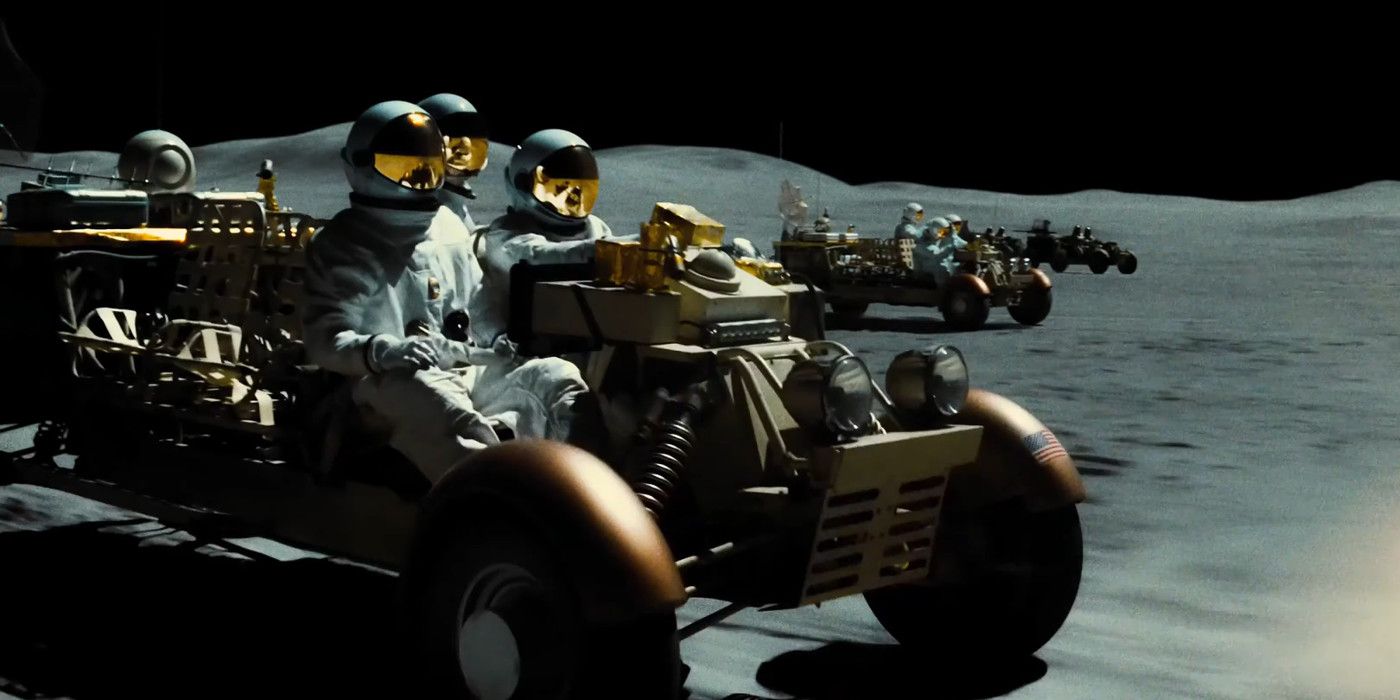We all are born with a certain package. We are who we are: where we were born, who we were born as, how we were raised. We’re kind of stuck inside that person, and the purpose of civilization and growth is to be able to reach out and empathize a little bit with other people. And for me, the movies are like a machine that generates empathy. It lets you understand a little bit more about different hopes, aspirations, dreams and fears. It helps us to identify with the people who are sharing this journey with us.
I saw Annihilation in theatres and pretty soon saw it again. Then I went online and tried to read everything I could about it. Which is how I found Film Crit Hulk and his wonderful oeuvre. It was shortly after that manic night that I rediscovered Roger Ebert and his writing. Soon, I came upon the above quote about movies being “a machine that generates empathy.”
That has colored how I see movies ever since. I’m still at the beginning of my amateur film critic career, yet I never would have started at all if it weren’t for Roger’s inspiration.
Of course as a kid I knew about Roger Ebert, the thumbs up, and his show. Not that I was old enough to be watching his show and really knowing what was going on. Nor was I old enough to be reading his reviews and knowing what was going on. When Roger Ebert died, I was 19. I had realized that I watched way more movies than my friends and that I thoroughly enjoyed watching movies. But I hadn’t begun writing.
This is all to say that my experiences with Roger Ebert have happened after his death.
Which is why this documentary was so special to me. It gave me the experience of knowing a critic whose prime preceded me. Learning about the life of a man whose influence on me has come from beyond the grave and whose words have existed mostly on a screen in front of my face.
As far as the form of the documentary goes, I found it compelling. It had just the right amounts of new interviews versus B-roll versus archival footage of Roger going about his life and being on his show. The camera was unobtrusive and everything that was present day felt normal and unplanned. That was magical.

I saw so much power in Roger, the man persevering through such terrible medical issues. I’m not sure I could have continued writing at the volume that he did after his surgeries.
Though the ending was a bit odd. When it is clear that Roger is in his last few days of life, Steve James asks him some questions that he thinks are utterly essential. And Roger responds with “don’t I cover this in the book?”
Which was what I had just thought about the questions. Surely Steve had better questions to posit for a man on his deathbed. Perhaps ask if any movies had been coming to mind the past few days? Did anything take on new significance? If he could bring anything into the afterlife with him, what would it be? What was he thinking about? There a hundreds of questions that could have been asked, and nearly all of them aren’t about movies. It seemed the perfect chance to move beyond Roger’s life as a critic and into the arena of his humanity as a whole.
However, Roger’s responses and the lack of responses makes a powerful ending. It was still heartbreaking and sad. Which, in the end, is good enough.
RIP Roger.















